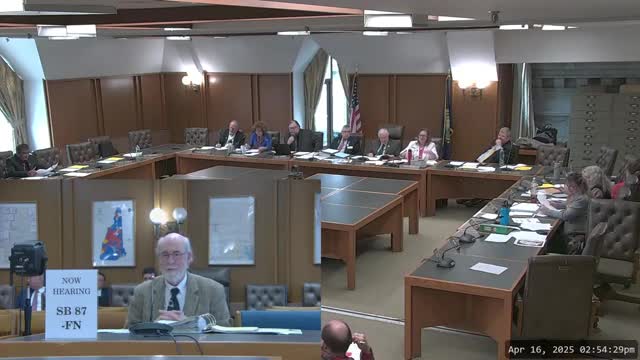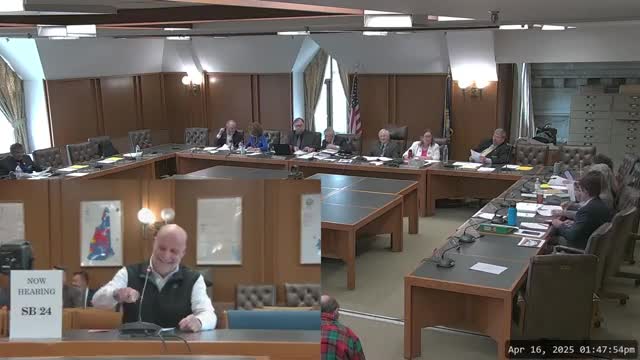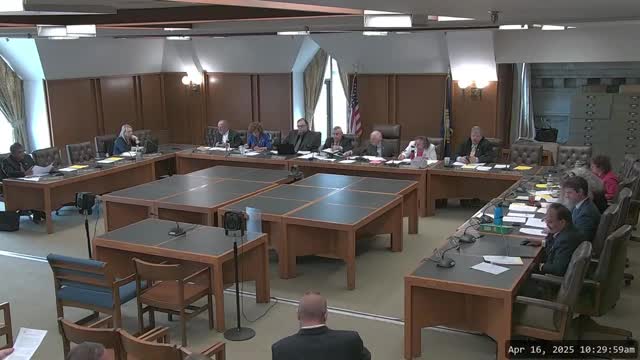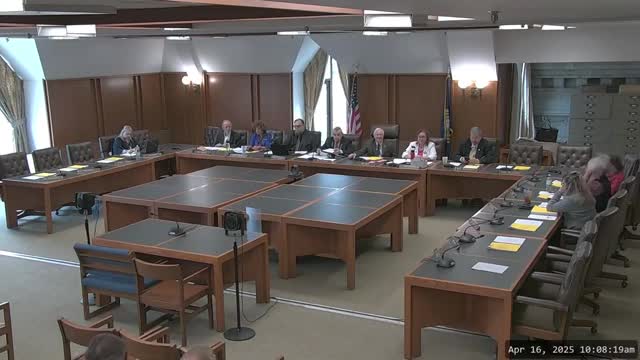Article not found
This article is no longer available. But don't worry—we've gathered other articles that discuss the same topic.

Bill would let salons and barbershops obtain limited liquor licenses; committee to refine language

Bill would move wholesale e‑cigarette licensing and enforcement under Liquor Commission enforcement

Senator seeks law to permit self‑pour tap systems at licensed venues

Bill would let 18–20‑year‑old hospitality students ‘sip and spit’ as part of coursework

Senate hearing examines bill to bar certain foreign principals from buying land near military sites

Panel backs restoring requirement that food‑delivery platforms have restaurant agreements

Committee hears bill to remove century‑old hotel register and rate‑posting mandates

